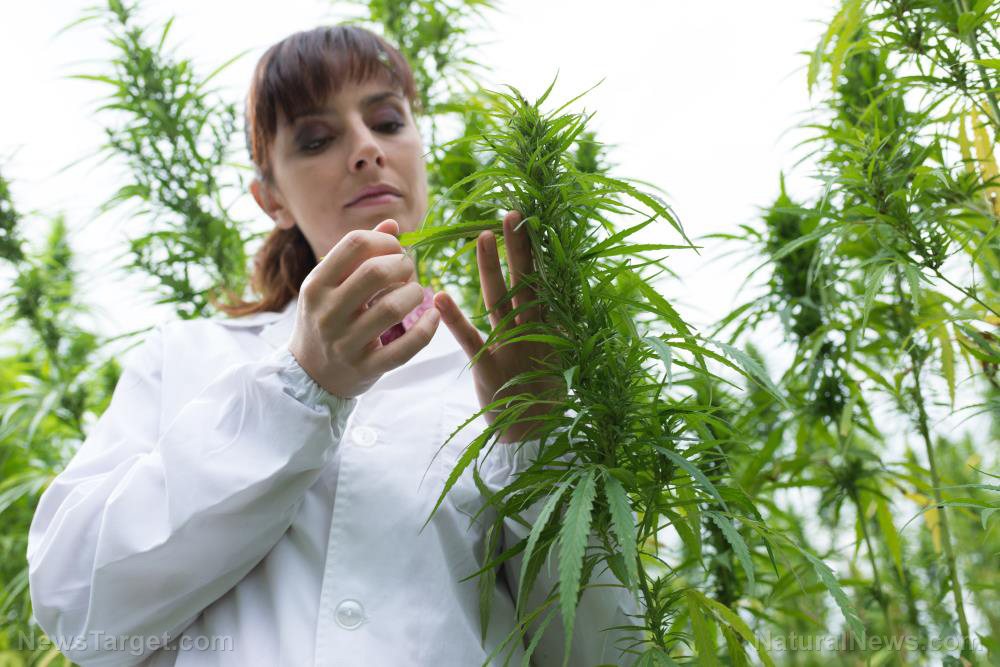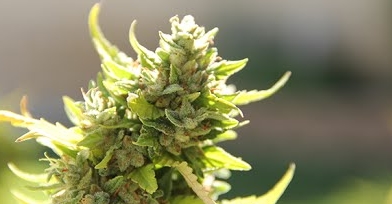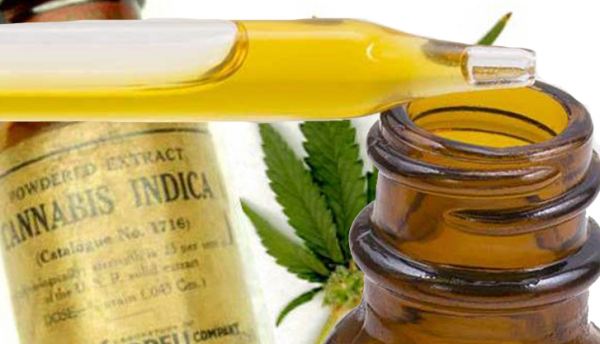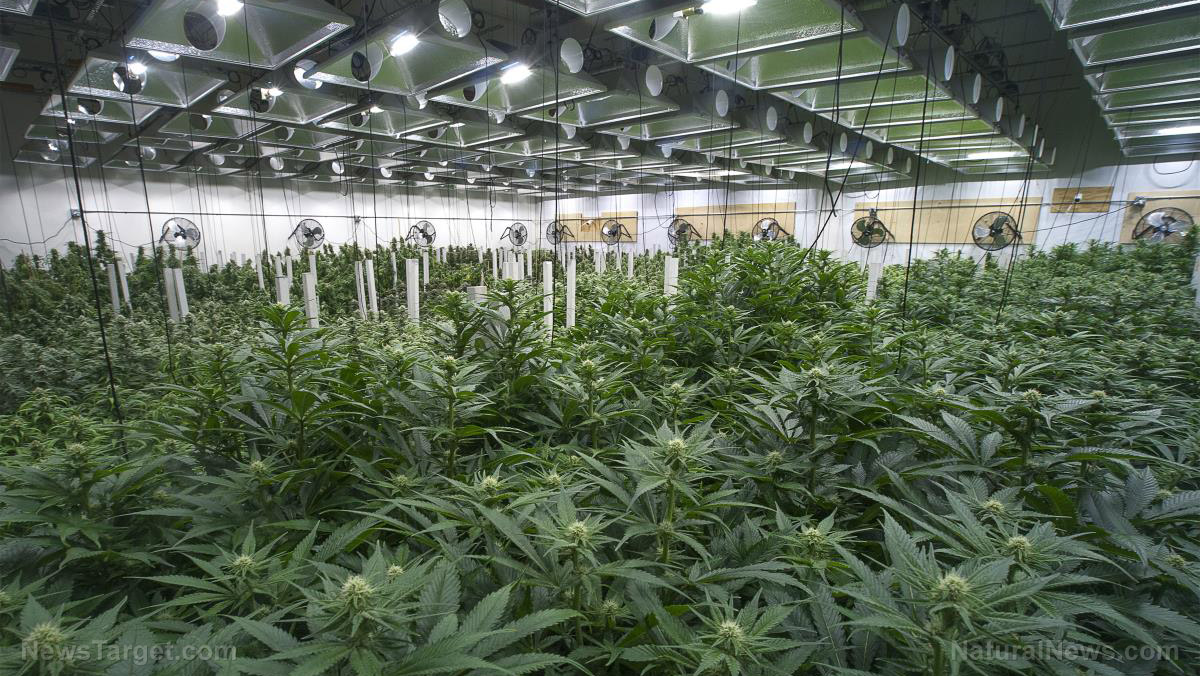Numerous Politicians Come Forward to Reject DEA’s Ban on Medical Cannabis
08/16/2016 / By medicalmarijuanaupdate
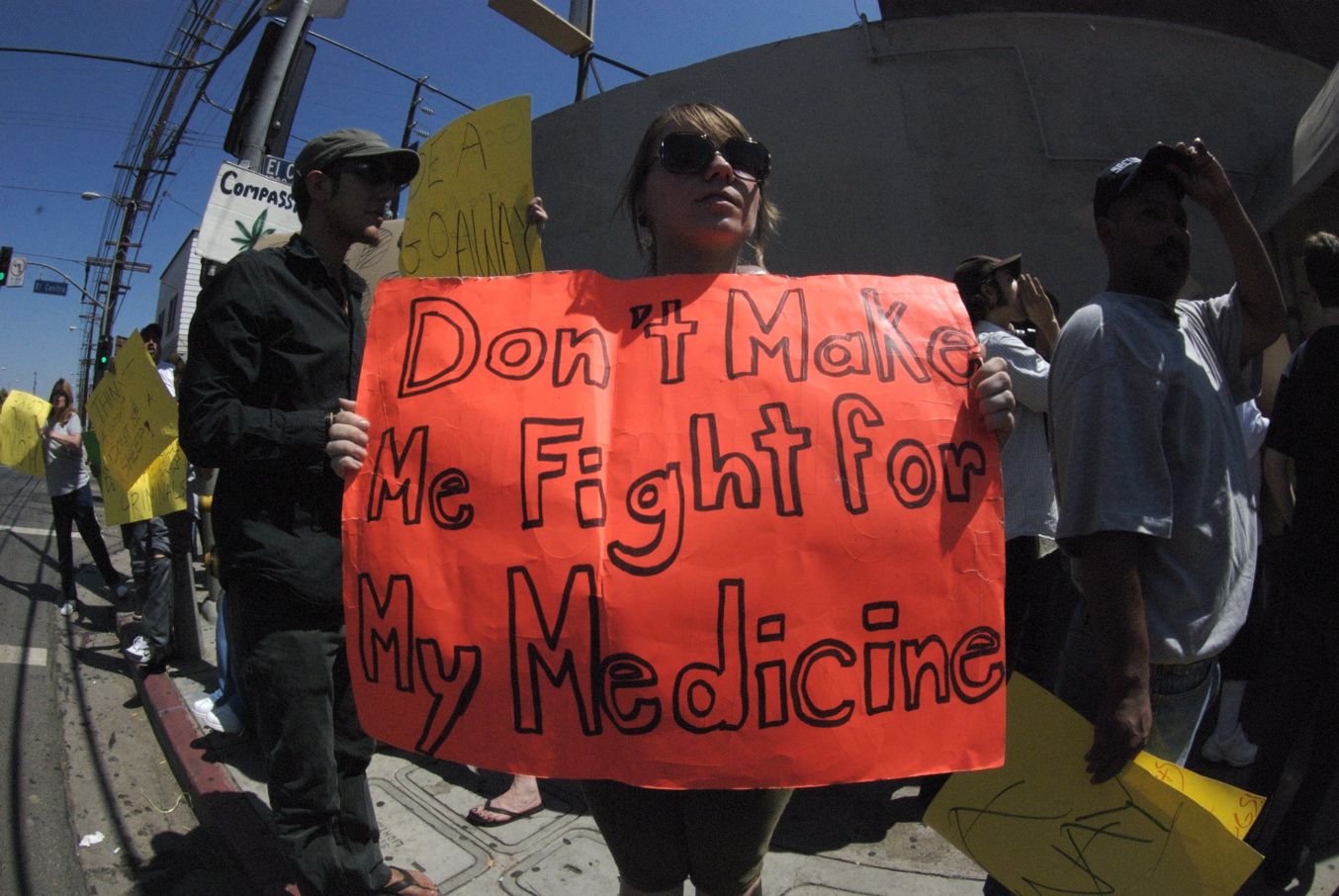
Presidential candidate Hillary Clinton announced that she will reschedule cannabis if elected President, as public outrage continues to grow since the federal DEA once again swept science aside in order to declare that marijuana as a “dangerous drug” with “no medical value, no accepted medical use AND a high potential for abuse.” In the real world, cannabis has been shown to be a safe and effective medication supported by a majority of Americans and that its use by minors, for example, is lower when cannabis is legal than when it is banned, meaning that legalization actually reduces drug abuse especially use by minors.
(Article by Chris Conrad)
Any single one of those three triggers should legally force the DEA to move marijuana off Schedule 1 (prohibited) substances; federal DEA Administrative Law Judge Francis Young wrote as long ago as 1988 that none of the three requirements has been met, stating as a judicial finding of fact that, “cannabis is one of the safest therapeuticsubstances known to man … .” An appeals court later held that the DEA gets to set its own timeline and, by refusing to reschedule cannabis, the agency has received billions of dollars of tax money to continue to suppress access to this plant, including preventing its use as a farm crop by failing to issue any licenses since the 1950s.
“As president, Hillary [Clinton] will build on the important steps announced today by rescheduling marijuana from a Schedule I to a Schedule II substance. She will also ensure Colorado, and other states that have enacted marijuana laws, can continue to serve as laboratories of democracy,” Maya Harris, a senior policy advisor to Clinton’s campaign, said August 11, 2016 in a prepared statement from the candidate.
In other words, the DEA said for Americans to get ready for single-molecule cannabinoid pharmaceutical drugs and forget herbal medicinal access. This suggests that the best hope for keeping natural plant cannabis available for medical use probably relies on its being legalized for non-medical use, as California voters will decide on Proposition 64 in the November election, along with voters of four other states.
Here is some more reaction to the DEA’s self-serving and profoundly anti-scientific policy of suppressing medical, industrial and adult access to cannabis hemp, compiled by friend of theLeafOnline.com Ethan Andersen.
“Allowing the DEA to set our national policy on cannabis flies in the face of the very rational, science-based approach that the Obama administration has been promising for eight years, and yet again has failed to deliver. Does anyone on earth beside the DEA actually believe that marijuana should be classified alongside heroin in Schedule I as an incredibly dangerous drug with no medicinal value? Perhaps the DEA should spend more time reading the latest research on this plant’s incredible medical efficacy, and less time plotting how to bust peaceful citizens for weed. At least the DEA finally stood up to dispel the myth that marijuana is a gateway drug. It’s about time.
“So while High Times applauds the decision to end NIDA’s monopoly on growing and supplying marijuana for research purposes, it’s a sickening shame that so many patients seeking healing and relief through herbal cannabis will have to remain in the shadows of prohibition while we wait for the federal government to catch up to both science and the will of the people.” — David Bienenstock, Head of Content, High Times magazine
“Allowing cannabis to be studied by more researchers is certainly good for the scientific community. It opens up opportunity for researching the cannabis plant so companies like ours can bring it’s full potential to market. But there is much room left for improvement. Without full rescheduling, companies like ours still have to find innovative and creative ways around things like banking issues and access to capital. Larger industries will not be able to enter the market until properly regulated, recreational cannabis legalization happens on a federal level. Until then companies like ours will have to take the risks and deal with the hurdles with the goal of being acquired later.” — Derek Peterson,CEO of Terra Tech (TRTC)
“As a company that already does its research abroad, we’ve always been prepared for tricky hurdles regarding scientific research into cannabis. As an advocate and operator within the industry, I personally would love to see the rescheduling of the plant for many reasons, but as an individual with sound logic and reasonable expectations, it is partially pleasing to see the DEA take this small, yet significant step forward.” — Seth Yakatan, CEO of Kalytera Therapeutics
“Although this is an obvious ‘step forward’ for those looking to do research into cannabis, the DEA’s announcement still falls quite short of the advancements we need to truly propel the industry and plant forward. The research has been done as far back as The Shafer Report during the Nixon Administration. This is a small step in the right direction, but for me, the main goal for cannabis reform is complete descheduling. The states have lead the way already. If it wasn’t for state governments permitting use of cannabis in various forms, the discussion wouldn’t be where it is today. As they’ve already done, states will continue to do so in order to force the federal government’s hand.” — Kyle Sherman,CEO of Flowhub
Read more at: theleafonline.com
Tagged Under: cannabis, medical marijuana

